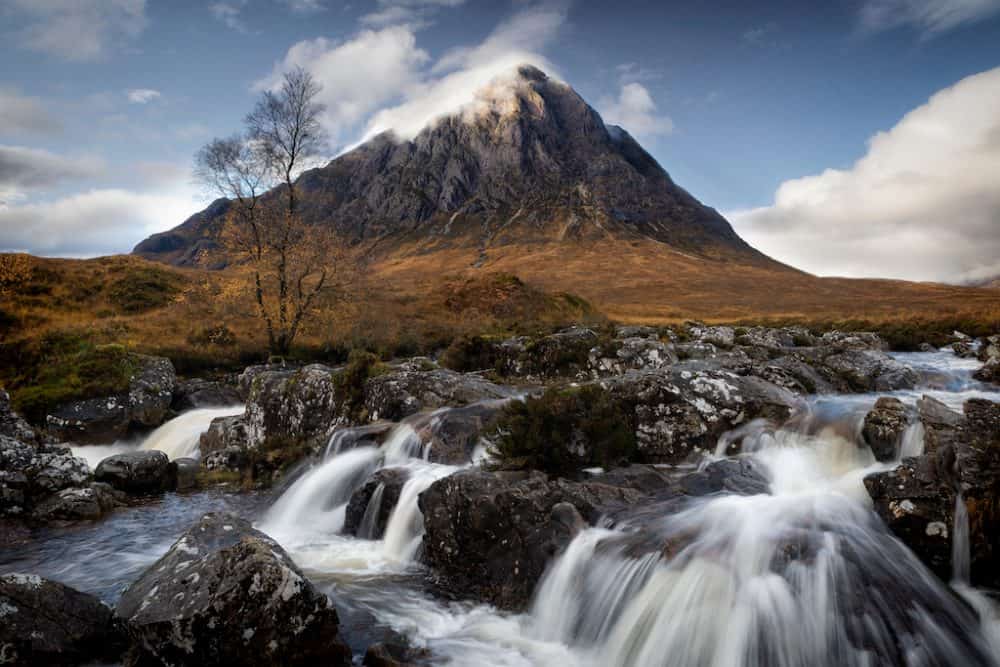What is Carbon Offsetting?
Carbon offsetting is the practice of compensating for greenhouse gas emissions, typically CO2, by buying carbon credits. Each credit represents the reduction or removal of one tonne of CO2 from the atmosphere. Companies purchase these credits alongside their efforts to reduce emissions directly, often by switching to green energy sources, improving energy efficiency, or changing operational practices.
These credits fund projects such as reforestation and renewable energy projects. In the UK, initiatives like Highland Carbon’s contributions to afforestation and rewilding have earned recognition, including being named ‘Best UK Carbon Unit Supplier’ for four consecutive years by SME magazine. Such projects support not only emission reduction but also biodiversity, water quality improvement, and other environmental benefits.
The Galloway Coastal Rainforest Project, for instance, showcases carbon offsetting's potential beyond emission reduction, as it works to restore natural habitats, foster biodiversity, and build climate resilience. Each project not only absorbs CO2 but also restores ecological balance, highlighting carbon offsetting's role in holistic environmental stewardship.
Why Do I Need It?
For large companies, carbon offsetting is not just a matter of compliance but an opportunity for operational improvement. Mandatory carbon reporting includes Scope 3 emissions, covering all indirect emissions in a company’s supply chain. As such, suppliers aiming to work with larger corporations must demonstrate efforts to minimise their carbon footprint. This adds significant pressure for SMEs and suppliers to implement sustainable practices, including carbon offsetting, to stay competitive and meet growing environmental standards.
Additionally, companies exporting to Europe face strict carbon accounting requirements under the EU’s Carbon Border Adjustment Mechanism (CBAM), which applies a carbon price to imported goods. This regulation obliges exporters to disclose the carbon intensity of their products, incentivising them to offset and report emissions accurately to avoid penalties and retain market access.
What Are the Key Considerations When Opting for Carbon Offsetting?
Selecting carbon offsets involves several key considerations:
- Project Geography: Domestic projects, like UK-based afforestation, often create PIUs, representing future offsets that materialise as trees mature. This approach aligns with companies aiming to make long-term commitments toward carbon neutrality and biodiversity, also known as being "nature positive." International projects, on the other hand, may offer immediate carbon-neutral benefits, making them suitable for companies needing short-term, verifiable offsets.
- Certification Standards: Verified Carbon Standard (VCS), or Gold Standard provide reassurance of quality. These standards ensure that the project not only removes CO2 but also supports broader environmental and social goals, from biodiversity conservation to community development.
In addition, The Clean Development Mechanism (CDM), allows a country with an emission-reduction or emission-limitation commitment to implement an emission-reduction project in developing countries. Such projects can earn saleable certified emission reduction (CER) credits, each equivalent to one tonne of CO2. It is the first global, environmental investment and credit scheme of its kind. - Portfolio Diversity: A “cocktail approach” that includes both UK-based and international units enables companies to achieve a mix of carbon neutrality and nature-positive goals. This diversity can align with different claims and branding needs, and Highland Carbon, for example, offers a range of projects across commodity exchanges, tailoring options to client preferences and environmental strategies.
- Project Transparency and Risk: Choosing projects with transparent governance is essential. Experts often caution against offsets from regions where there are known issues with governance and transparency, such as China or Russia. Projects in these areas can sometimes lack reliable oversight, compromising the offset's integrity and impact.
What is the One Piece of Advice You Would Give a Company Embarking on This Journey?
When selecting a carbon offset supplier, prioritise those with a long-term commitment to sustainability over those focused on financial returns. Suppliers not backed by venture capital tend to focus on high-quality projects with transparent operations, community benefits, and credible certification standards. By contrast, those under venture capital or investment banker ownership may prioritise margin over impact, potentially compromising project quality. Look for a supplier that prioritises environmental and social hallmarks alongside credible carbon neutrality claims.
Why Highland Carbon?
Highland Carbon has distinguished itself as a reputable provider by winning the ‘Best UK Carbon Credit Supplier’ award for four consecutive years. Our emphasis on ethical practices ensures that every carbon credit we sell is authentic, traceable, and competitively priced. Highland Carbon’s commitment to low overheads allows the company to pass on cost savings, offering clients access to high-quality units without excessive markups. We provide a diverse portfolio, including afforestation, habitat restoration, and renewable energy projects that support biodiversity and carbon neutrality.



